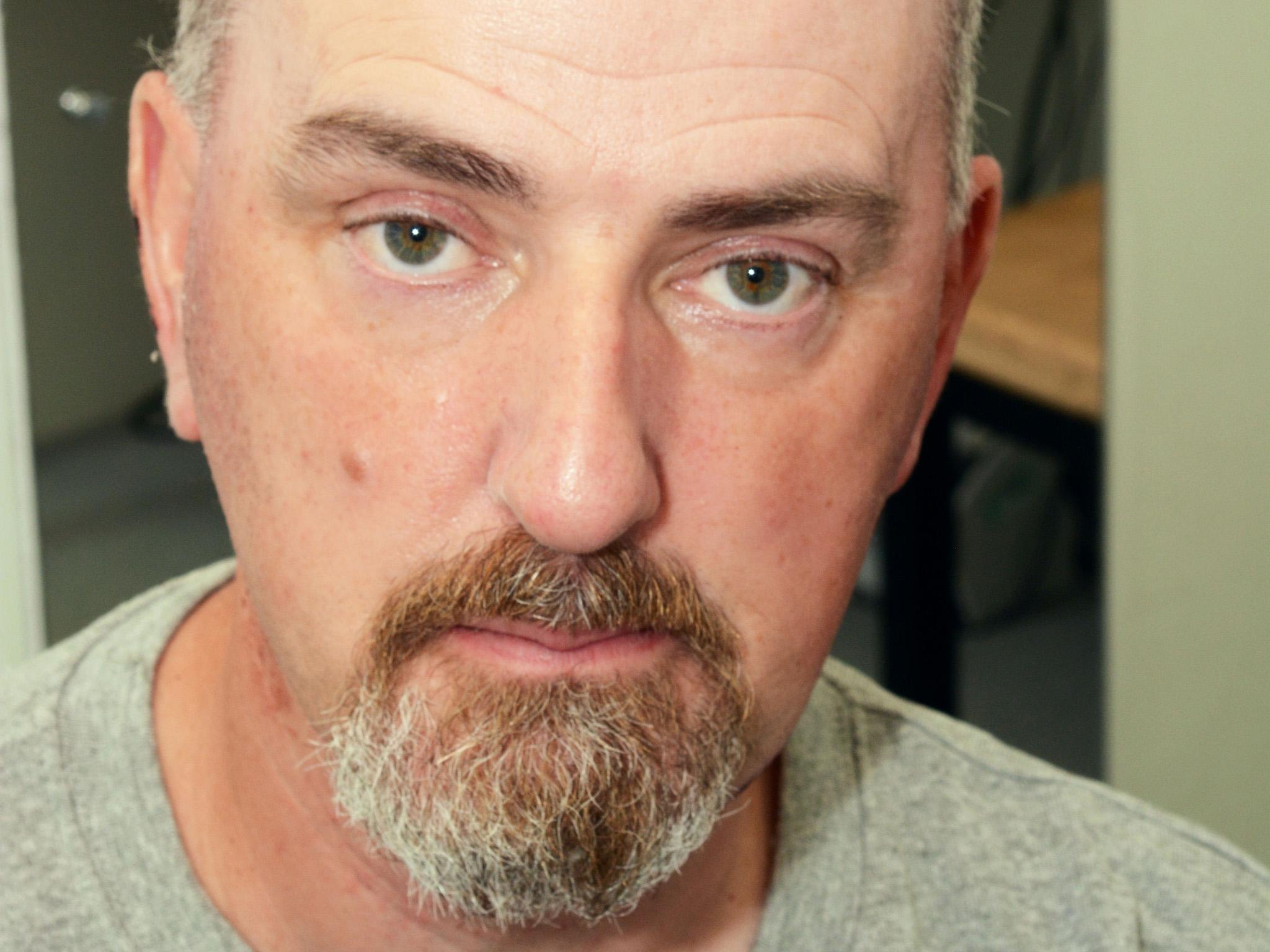Thomas Mair: The far-right extremist who murdered MP Jo Cox
When Mair first appeared before magistrates in London he responded 'death to traitors, freedom for Britain' when he was asked his name

Before he murdered Jo Cox, Thomas Mair was a 53-year-old loner who never spoke about politics in public.
But the jobbing gardener's dedication to far-right extremism became apparent as he launched his attack on the Labour MP in the street, shouting phrases such as “put Britain first”.
On his arrest, he told police officers he was a “political activist” and when he first appeared before magistrates in London, he responded “death to traitors, freedom for Britain” when he was asked his name.
When police raided unmarried Mair's housing association home, they found extreme memorabilia and books.
But people living on the Fieldhead Estate, which is less than a mile from where Mrs Cox was attacked, described him as the epitome of the quiet loner who never spoke about politics and spent much of his time helping with neighbours' gardens.
Mair had lived in the unremarkable semi for more than 40 years - he had been on his own for the past 20 years following the death of his grandmother.
He was born near Kilmarnock, East Ayrshire, but is thought to have moved to Birstall as a boy with his grandparents and his brother, Scott.
One neighbour, Diana Peters, said teetotal Mair, who had teaching qualifications and a 2011 student card for Kirklees College, told her he was teaching English as a second language to the Asian community in Dewsbury and that she had seen no signs of racism.
Mrs Peters said: “He did gardening for neighbours. You couldn't ask for a more pleasant neighbour.
“I never ever saw him lose his temper. He never had a visitor that I'm aware of, doesn't have friends; nobody ever comes to the house.”
She said he suffered from epilepsy as a child and had never had a standard job.
Katie Green, who had been Mair's neighbour for 13 years, described him as “very quiet, very shy”.
She told his trial that Mair, who she always saw carrying shopping bags, spent a lot of time in his garden, which he always kept very tidy.
But a different side to Mair emerged on 16 June.
Witnesses to the murder painted a picture of a man who ate a chocolate bar in the moments before the attack and walked away afterwards “with not a care in the world”.
Police who later raided his house uncovered evidence of his far-right extremism.
A gold Third Reich eagle ornament with a Swastika emblazoned on it, a large collection of far-right books and magazines, a press cutting on Norwegian mass killer Anders Breivik, information about far right groups, Nazi badges and a “Deutschland” cap were all found in his home.
There was also a dossier on Mrs Cox and her political history.
Searches on computers seized from libraries in Birstall and Batley showed Mair had used them to look for more far-right material, information on Mrs Cox and .22 rifles.
A US civil rights group, the Southern Poverty Law Centre (SPLC), based in Alabama, claimed it had obtained records showing a Thomas Mair had links with the neo-Nazi organisation National Alliance (NA) dating back to 1999.
It posted images showing what it claimed were orders by Mair for just over 620 US dollars for publications including the Improvised Munitions Handbook, which had detailed instructions for constructing a “Pipe Pistol For .38 Caliber Ammunition”.
Mair was also named in 2006 by the hard-right Springbok Club, an organisation which has called for a return to apartheid-style government in South Africa, as “one of the earliest subscribers and supporters of 'SA Patriot”'.
Mair's half-brother, Duane St Louis, whose father is from Grenada, told reporters that his own mixed race had never been a problem.
But the trial heard that Mair made an internet search for matricide, searching for “son kills mother for miscegenation” - the mix of different racial groups through marriage, cohabiting, sexual relations and procreation.
Reports of Mair's mental health problems emerged in the days following the murder.
His brother, Scott, told reporters Mair had a “history of mental illness, but he has had help” and said he had never been political.
Mair himself spoke to the Huddersfield Examiner in 2010 about volunteering at the Oakwell Hall country park in Birstall, after being a patient at a day centre for adults with mental illness.
But he did not use mental health as a defence and gave no evidence at all during the murder trial.
Press Association
Bookmark popover
Removed from bookmarks